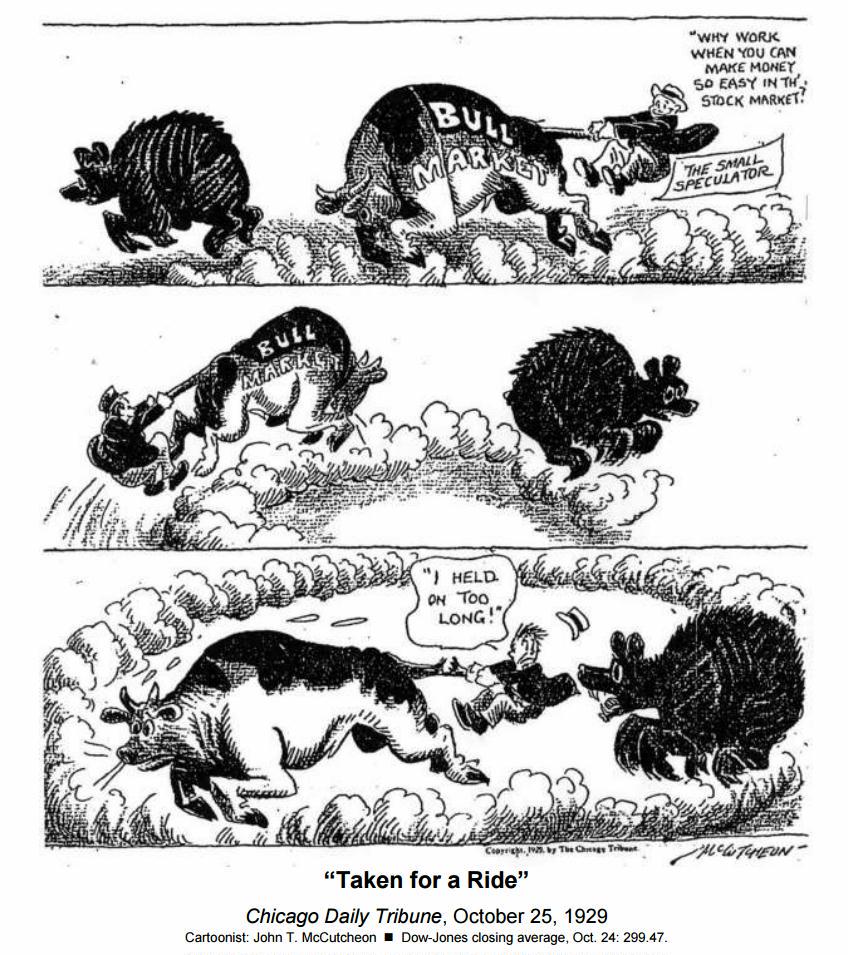 “The irony is that in real time, I never fully feel like I am trading successfully because I am always aiming for performance that is higher than I am attaining. I am generally my own worst critic and constantly set the bar higher than my last jump. The result is that it is difficult for me to crow about the “successes” of my trading career.
“The irony is that in real time, I never fully feel like I am trading successfully because I am always aiming for performance that is higher than I am attaining. I am generally my own worst critic and constantly set the bar higher than my last jump. The result is that it is difficult for me to crow about the “successes” of my trading career.
But, to the degree I have been consistently successful through the years, I believe it is due to three factors. First, I am obsessed with risk management. I spend more time and mental energy focusing on risk control protocols than on anything else. Managing losses and losing periods is my number one priority. If I can just tread water during the inevitable tough periods, sooner or later I will find myself caught in a favorable tide.
Second, my trading approach is overly simple by design. The result is that I know with as much certainty as is possible with a discretionary approach when there is a trade entry in my program. It does not mean that the trade will be profitable – only that the trade is there.
Third, I have tried to engage market speculation systematically, breaking down the process of trading into every conceivable component. What flows from this is an understanding of what components of trading are controllable and measurable and what components are uncontrollable. By the way, whether the next trade or series of trades will be profitable is not a controllable factor. Once a trader learns this — it is then possible to remove ego from the equation.” – Peter Brandt





 Income tax day, April 15, 2010, now divides Americans into two almost equal classes: those who pay for the services provided by government and the freeloaders. The percentage of Americans who will pay no federal income taxes at all for 2009 has risen to 47 percent.
Income tax day, April 15, 2010, now divides Americans into two almost equal classes: those who pay for the services provided by government and the freeloaders. The percentage of Americans who will pay no federal income taxes at all for 2009 has risen to 47 percent.

